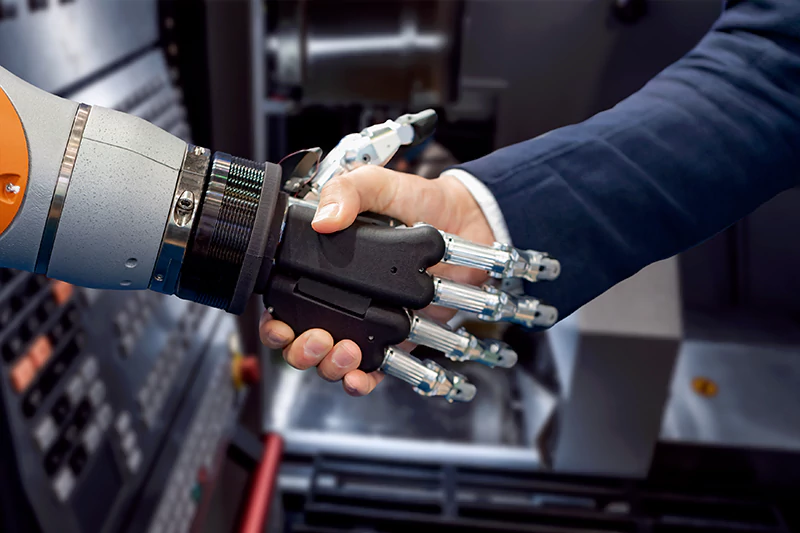Digital transformation is essential for businesses to remain competitive, and Intelligent Automation (IA) is at the heart of this transformation. By streamlining operations, improving customer experiences, and enabling innovation, IA plays a critical role in the digital shift. In this blog, we’ll explore the top 5 use cases of Intelligent Automation that are driving digital transformation.
1. Automated Customer Service with AI-Powered Chatbots
AI chatbots are more than just answering customer queries—they’re learning from interactions to deliver personalized, context-aware responses. These bots can handle a large volume of customer requests, reducing the load on human agents and ensuring 24/7 service.
- Example: Major e-commerce platforms use IA to handle customer inquiries, product recommendations, and issue resolutions automatically.
2. Intelligent Document Processing
Processing and managing large volumes of documents, whether contracts, invoices, or reports, can be tedious and error-prone. Intelligent Automation can read, understand, and process both structured and unstructured data from various formats.
- Example: Financial institutions use IA to automatically extract and verify information from customer applications and loan documents, speeding up processing times.
3. Supply Chain Optimization
IA is revolutionizing supply chain management by automating demand forecasting, inventory management, and supplier communications. It allows businesses to anticipate and respond to market changes in real-time, enhancing efficiency and reducing costs.
- Example: Global manufacturers leverage IA to manage stock levels and ensure timely restocking, preventing overproduction or stockouts.
4. Fraud Detection and Risk Management in Financial Services
Financial institutions are using IA to monitor transactions and detect patterns indicative of fraudulent activities. Intelligent Automation systems learn from past fraud attempts to continuously refine their detection capabilities.
- Example: Credit card companies use IA to flag suspicious transactions, often alerting customers in real-time and preventing potential losses.
5. Predictive Maintenance in Manufacturing
Predictive maintenance powered by IA ensures machines are serviced before they break down, reducing downtime and extending equipment lifespan. IA systems monitor equipment conditions and predict failures based on real-time data analysis.
- Example: Automotive manufacturers are implementing IA to predict when production line machinery needs maintenance, preventing costly disruptions.


